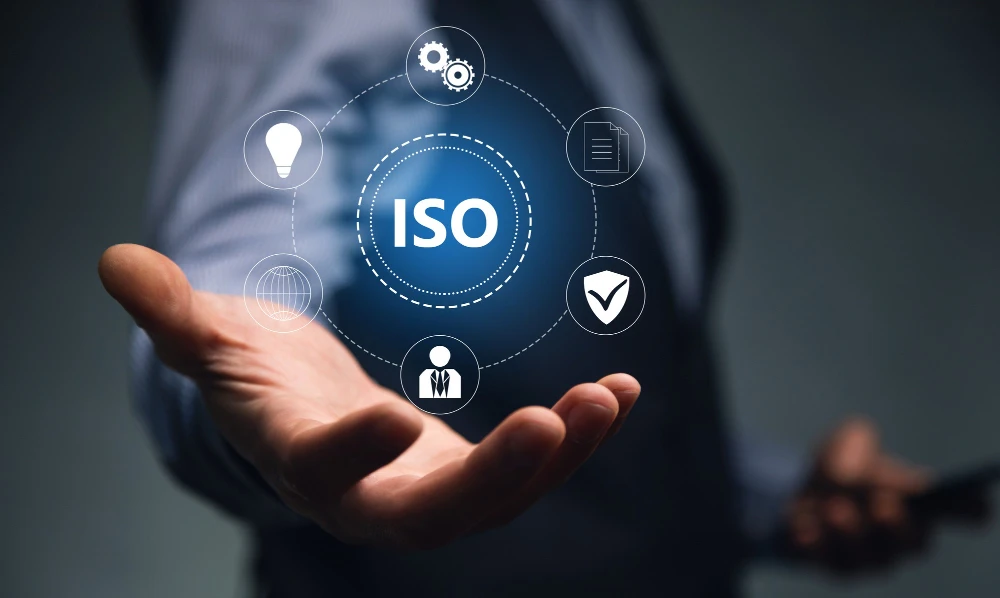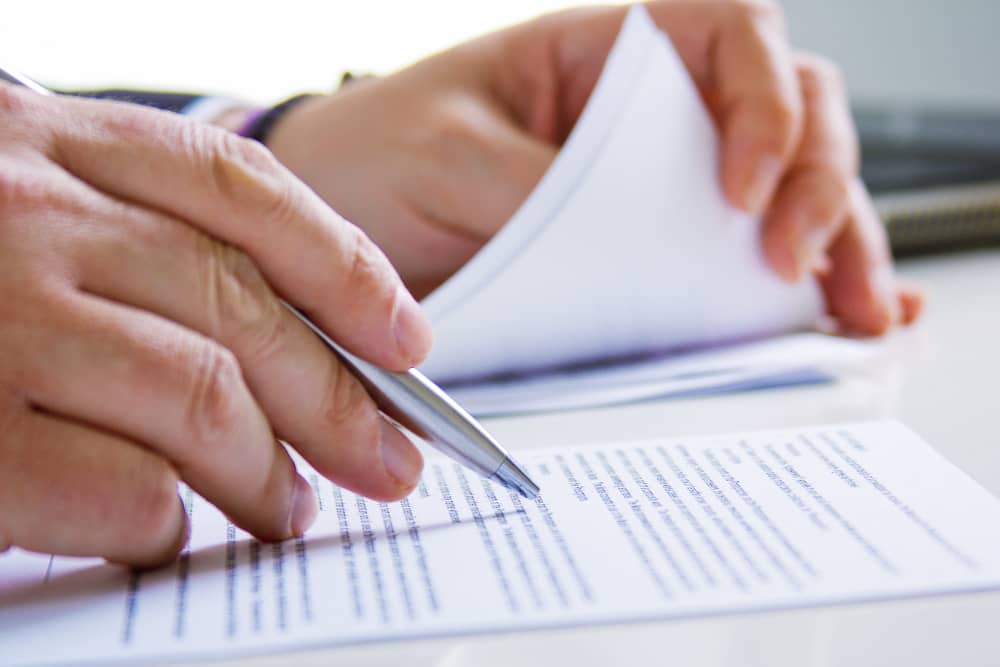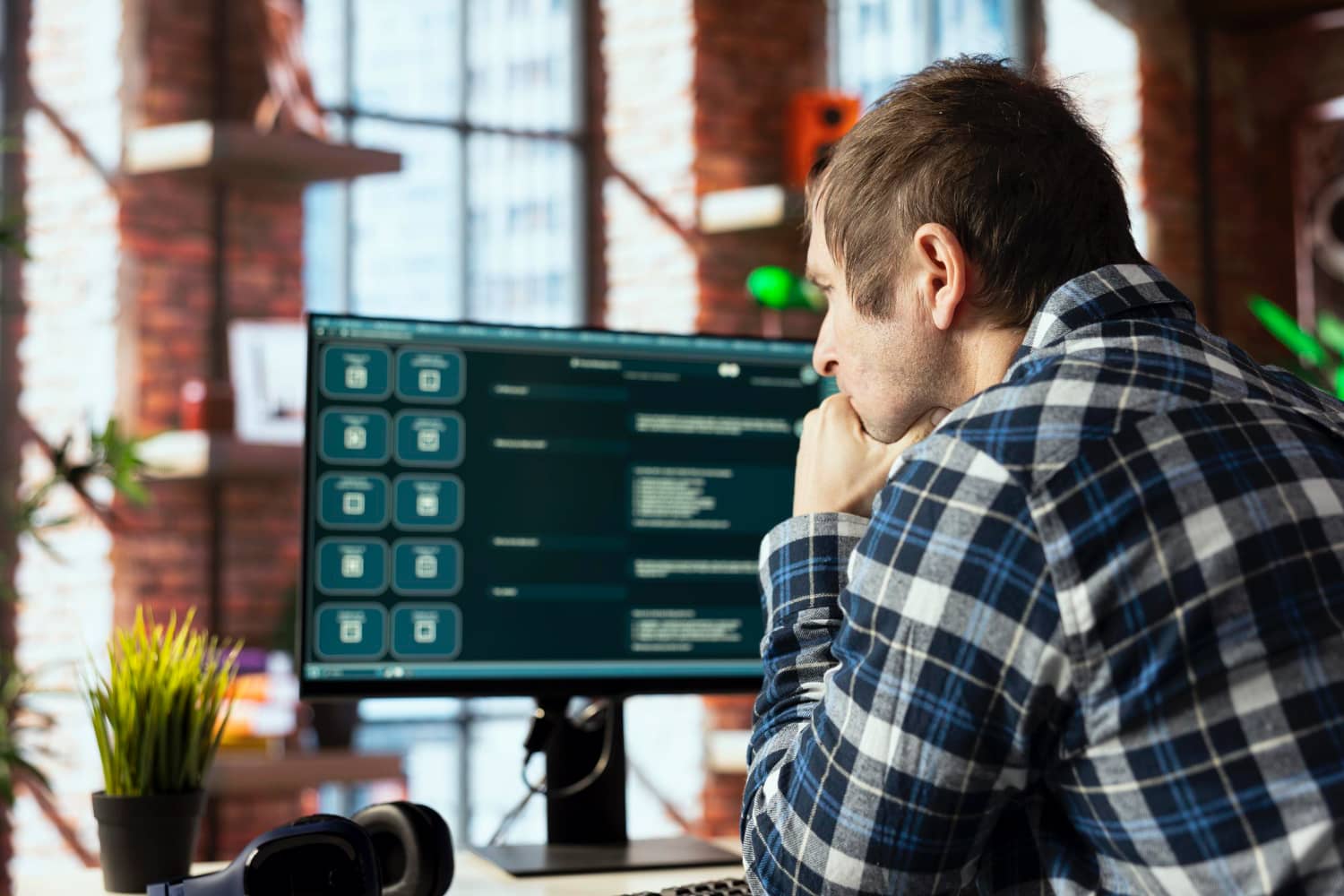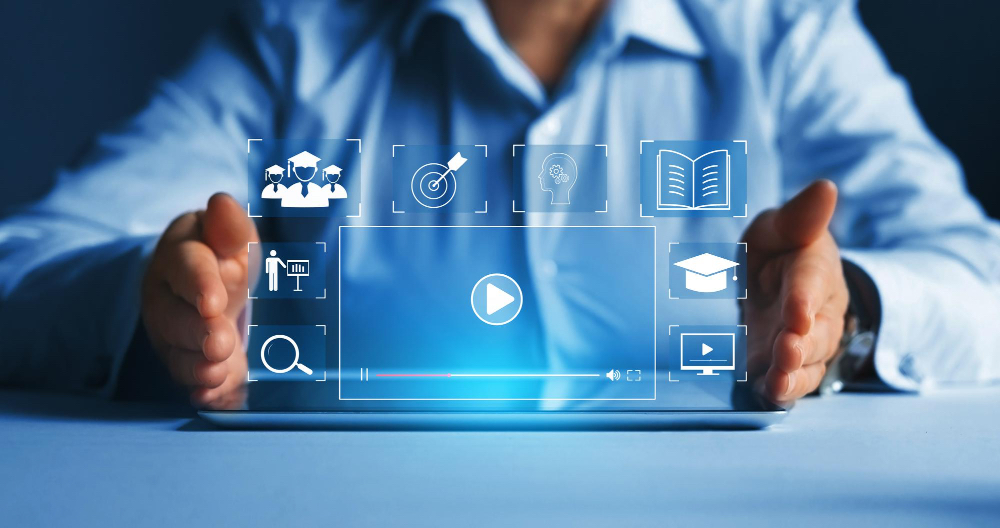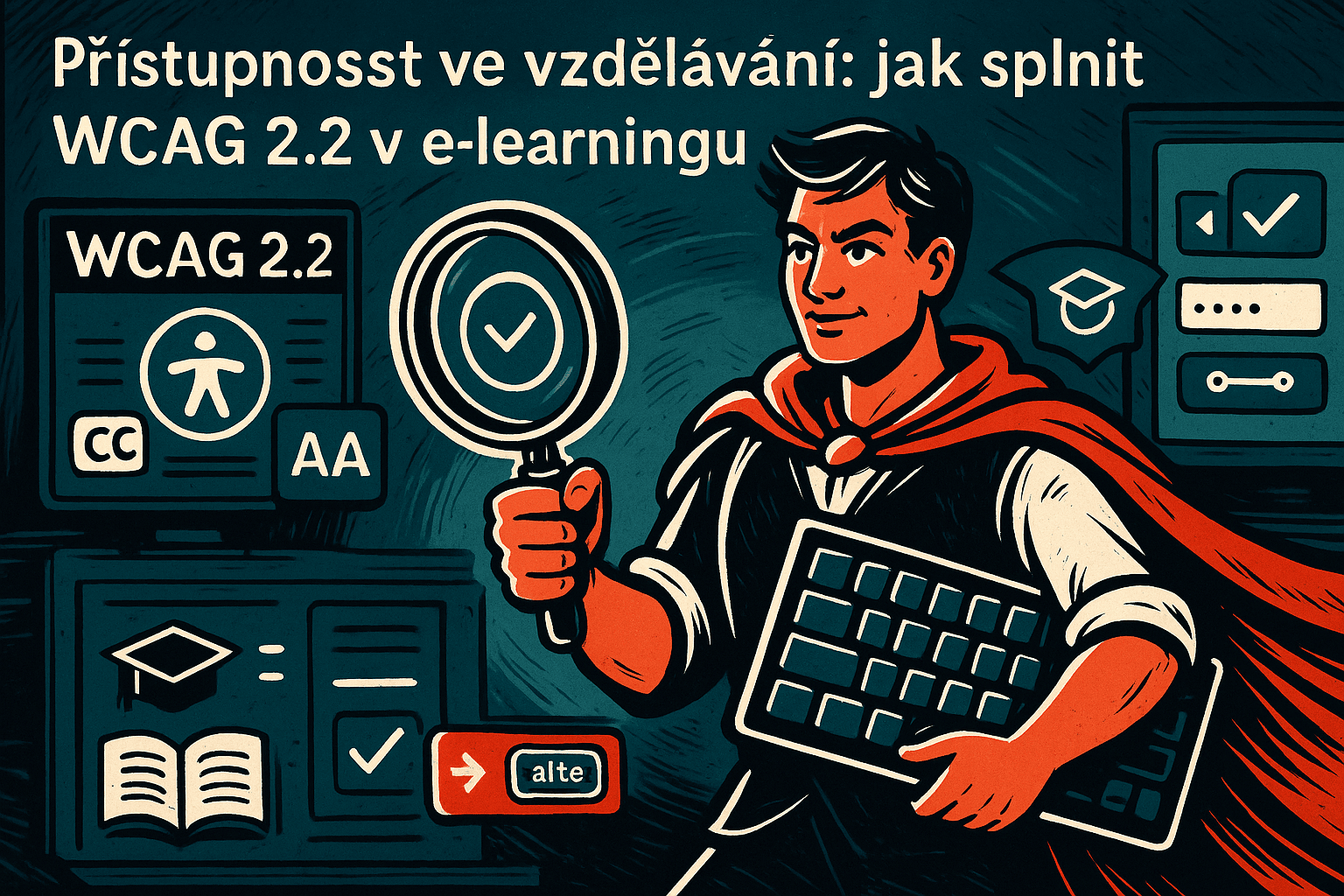Overview of security certifications for LMS platforms
Today, LMSs function as digital gateways to educational data, personal data, and internal processes of companies and schools. They store names, emails, test scores, access information, and sometimes even health or sensitive HR data. That is why they are a frequent target of cyberattacks—and at the same time under the scrutiny of regulators such as the Office for Personal Data Protection.
In addition, the NIS2 directive is now coming into play, which will extend cybersecurity requirements to many schools, public institutions, and companies from October 2024. This means that even the selection of an LMS system may be subject to a security audit – and its operator must be able to document processes, risk management, and the ability to respond to incidents.
LMS security should therefore be one of the main parameters when selecting an LMS.
However, it is not just about technology. The processes, certifications, and rules that LMS suppliers adhere to are also key. Below is an overview of the most important ones.
✅ ISO/IEC 27001 – Information Security Management System
ISO/IEC 27001 is one of the most recognized international standards in the field of information security. Awarding this certification means that the company has clearly defined processes for data protection, risk management, incident response, and regular audits.
If an LMS or its supplier has this certification, it means that:
it has implemented an information security management system (ISMS),
it has procedures in place for responding to incidents,
it regularly updates its documentation and trains its employees,
has undergone an independent security audit.
✅ ISO/IEC 27018 – Personal data protection in the cloud
This standard is an extension of ISO 27001 and focuses specifically on the protection of personal data in public cloud services. For LMS operated as SaaS (cloud service), this certification is a strong guarantee of compliance with privacy rules.
It ensures that the supplier:
protects personal data from unauthorized access,
has processes for anonymization and encryption,
respects GDPR requirements in the cloud environment,
enables auditing of data processing.
✅ SOC 2 – Service Security and Availability Audit
SOC 2 (Service Organization Control) is a US standard that assesses not only security, but also the availability, integrity, confidentiality, and privacy of services. For LMS, this often involves ensuring that the system:
is stable and available 24/7,
protects data using modern security methods,
monitors traffic and logs important events,
has documented data access principles and policies.
SOC 2 certification is often held by global players or LMSs developed outside the EU. For European customers, it is particularly important in combination with GDPR.
✅ GDPR compliance – Compliance with European legislation
GDPR is not a certification, but a legal framework that applies to all LMSs operated or used within the EU. Any LMS that processes personal data of users from the EU must comply with GDPR rules.
This means that it should enable:
management of consent to data processing,
anonymization and deletion of data upon request,
export data in an open format (e.g., CSV),
store data on servers within the EU (or with adequate security).
An LMS that does not adequately address GDPR may pose a security and legal risk.
✅ SAML, OAuth, and SSO – Secure Login
In addition to certifications, an important security feature is the user login method. An LMS should support modern authentication standards that reduce the risk of password leaks and improve user comfort.
Look for an LMS that supports:
SAML 2.0 – connection to corporate identities (Microsoft ID, Google Workspace),
OAuth 2.0 – secure login via external services (e.g., login via Google),
Single Sign-On (SSO) – one login for multiple systems without re-entering your password.
These technologies not only increase security, but also save time for users and IT teams.
What else to focus on besides certifications?
Certifications are the foundation, but LMS security also depends on other aspects of operation:
Use of HTTPS and data encryption during transmission and storage.
Granular permissions – who can edit, view, and delete what.
Regular backups and recovery plans after an outage.
Availability of technical support in the event of an attack or failure.
Auditability of activities – an overview of who did what and when.
✅ NIS2 – a new obligation for many organizations
The new NIS2 directive introduces stricter cybersecurity requirements for many schools, companies, and public institutions.
If you fall under its scope, then your LMS system must also:
comply with security measures including backup, access control, risk management,
be auditable and managed in accordance with internal security policies,
enable rapid reporting of security incidents within 24 hours,
be part of an overall cybersecurity management strategy.
An LMS that is not prepared for these requirements can become a weak link in your organization's infrastructure. Investing in an LMS without verifying security standards is therefore an unnecessary risk.

